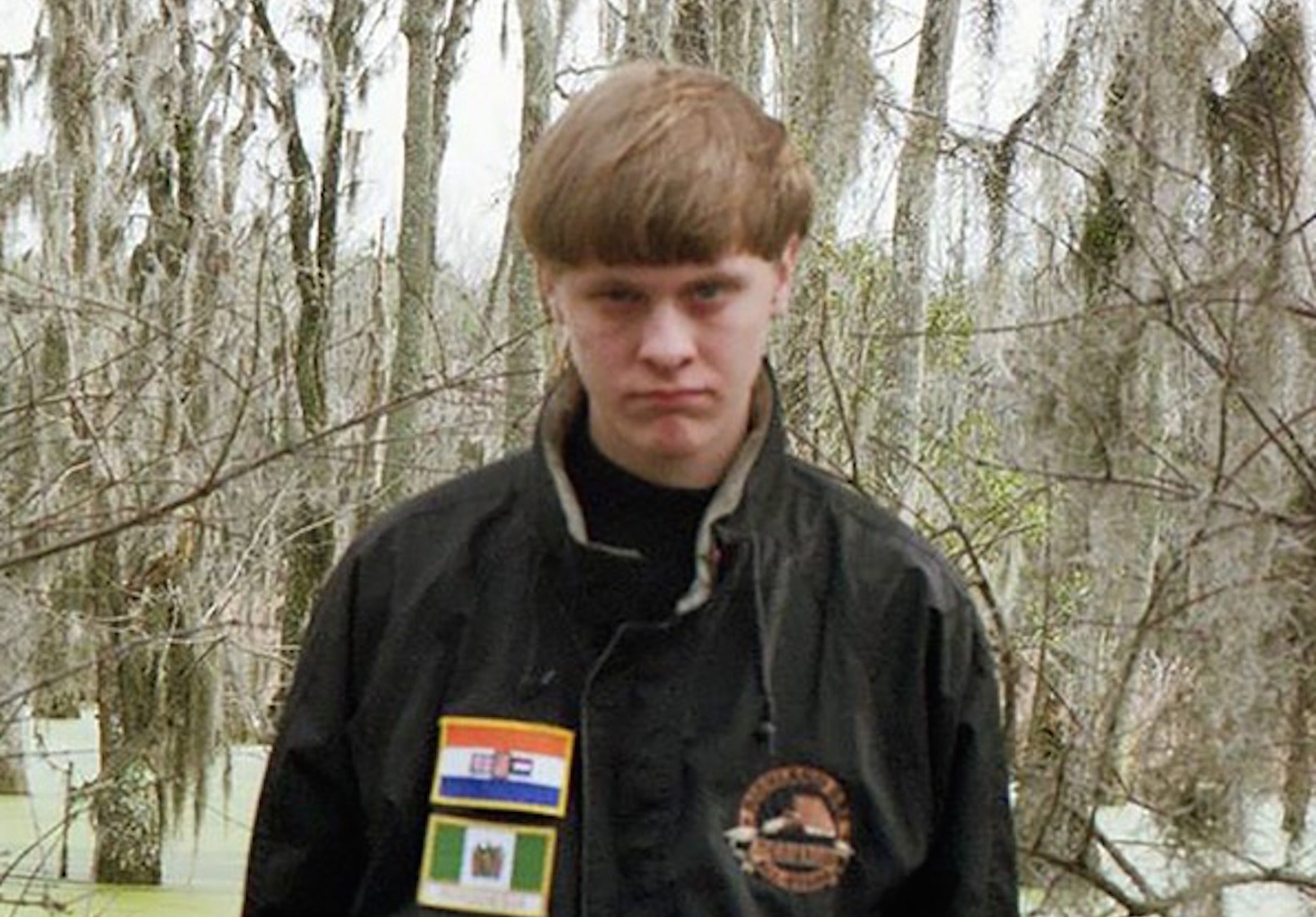Donald Trump administration 'wants to cut white supremacism from counter-extremism programme'
Plans reportedly underway to rename Countering Violent Extremism programme to 'Countering Radical Islamic Extremism'

Your support helps us to tell the story
From reproductive rights to climate change to Big Tech, The Independent is on the ground when the story is developing. Whether it's investigating the financials of Elon Musk's pro-Trump PAC or producing our latest documentary, 'The A Word', which shines a light on the American women fighting for reproductive rights, we know how important it is to parse out the facts from the messaging.
At such a critical moment in US history, we need reporters on the ground. Your donation allows us to keep sending journalists to speak to both sides of the story.
The Independent is trusted by Americans across the entire political spectrum. And unlike many other quality news outlets, we choose not to lock Americans out of our reporting and analysis with paywalls. We believe quality journalism should be available to everyone, paid for by those who can afford it.
Your support makes all the difference.Donald Trump’s administration is reportedly pushing to erase neo-Nazis and white supremacists from the US government’s counter-extremism programme by moving it to focus exclusively on Islamist terrorism.
American officials briefed on the proposed changes told Reuters the Countering Violent Extremism (DVE) initiative could be renamed to “Countering Radical Islamic Extremism”.
The reclassification would remove its work combating far-right attacks and mass shootings, such as the massacre of black churchgoers in Charleston, which are rarely classified as terrorism by American authorities.
“Violent extremist threats come from a range of groups and individuals, including domestic terrorists and homegrown violent extremists in the United States, as well as international terrorist groups like al-Qaeda and Isil (Isis),” reads the current description of CVE on the Department of Homeland Security (DHS) website.
But Mr Trump’s rhetoric has focused exclusively on the dangers of “radical Islam”, seeing him criticise Barack Obama for being “weak” on Isis.
The position sparked his executive order suspending the US refugee programme and immigration from seven predominantly Muslim “countries of concern”.
The President claimed the move would prevent “bad dudes” coming to the US, despite the fact countries linked to previous terror attacks were not on the list, as well as warnings the “Muslim ban” would fuel propaganda efforts by Isis and other jihadi groups.
Proponents of the existing CVE programme fear any move to rebrand it would make it more difficult for the government to work with Muslim counter-extremism groups already unsettled by Mr Trump’s policies and divisive statements.

It aims to deter groups or potential lone attackers within the US through community partnerships and education and counter-messaging campaigns in cooperation with companies such as Google and Facebook, and is separate from military and intelligence efforts against online extremism.
Some Republicans in Congress have accused the programme of being too “politically correct “and ineffective, claiming that that singling out Islamist extremism as the trigger for many violent attacks would help focus deterrence efforts.
A source who has worked closely with the DGS told Reuters that members of the Trump transition team first met with a CVE task force in December and floated the idea of changing the name and focus.
In a meeting last Thursday attended by senior staff for DHS Secretary John Kelly, government employees were reportedly asked to defend why they chose certain community organisations as recipients of CVE grants.
Mr Kelly is reviewing the funding, which has been appropriated by Congress and the grant recipients including local authorities, police, universities and non-profit groups were notified in the final days of the Obama administration but has not yet been transferred.
Among anti-jihadi groups, grants also went to Life After Hate, which rehabilitates former neo-Nazis and other domestic extremists.
Terrorism is defined in the US Code of Federal Regulations as “the unlawful use of force and violence against persons or property to intimidate or coerce a government, the civilian population, or any segment thereof, in furtherance of political or social objectives”.
The definition, used by the FBI and other American agencies, does not specify any groups and encapsulates all extremism from Islamism to anti-Semitism and neo-Nazism.
MI5, the UK’s domestic security agency, admits that there is “no agreed definition of terrorism internationally”, while the Terrorism Act 2000 defines it as violent threats or action “for the purposes of advancing a political, religious, racial or ideological cause”.
The DHS and White House did not respond to requests for comment.
Additional reporting by Reuters
Join our commenting forum
Join thought-provoking conversations, follow other Independent readers and see their replies
0Comments